Curious about finding someone for sex nearby? Whether you're researching out of concern, confusion, or just wanting to understand the law, this guide cuts through the noise. In the UK, prostitution itself isn’t illegal-but almost everything around it is. If you’ve typed "prostitute near me" into your phone, you need to know what you’re really stepping into.
What Is Prostitution Legally in the UK?
In England, Wales, and Scotland, exchanging sex for money between two consenting adults isn’t a crime. That’s it. The act itself is legal. But everything that supports it-soliciting in public, running a brothel, pimping, or even paying for sex in certain areas-is against the law. The UK treats sex work as a gray area: tolerated in private, criminalized in public.
For example, if two people meet privately and exchange money for sex, no law is broken. But if someone stands on a street corner, waves down a car, or uses an online ad that implies availability for sex, they’re breaking the law. The same goes for you if you stop to pay for it.
Why Does It Matter?
People search "prostitute near me" because they think it’s a simple transaction. But the reality is far more dangerous and legally risky. You’re not just risking arrest-you’re putting yourself in contact with people who are often exploited, trafficked, or under extreme pressure. Police in London and other major cities actively target both clients and street-based workers under laws like the Sexual Offences Act 2003.
Even if you believe you’re being "responsible," you’re still supporting a system where vulnerable people are forced into unsafe conditions. The UK government doesn’t fund safe spaces for sex workers because the law doesn’t recognize it as legitimate work. That means no health checks, no legal protections, no way to report violence without fear of being charged yourself.
How Does It Work in Practice?
- Street-based work - You might see someone standing near a bus stop, under a bridge, or in a quiet side street. Approaching them is illegal. Police can arrest both parties.
- Online ads - Sites like Backpage are banned. Some ads use coded language like "companionship," "massage," or "entertainment." If money is exchanged for sex, it’s still illegal under the law.
- Private apartments - Even if you meet in a flat, if more than one person is working from that location, it’s considered a brothel. That’s a criminal offense for the owner and anyone involved.
- Escort agencies - Many claim to offer "dates" or "company." If sex is arranged, the agency is operating a brothel. You’re still breaking the law by paying for it.
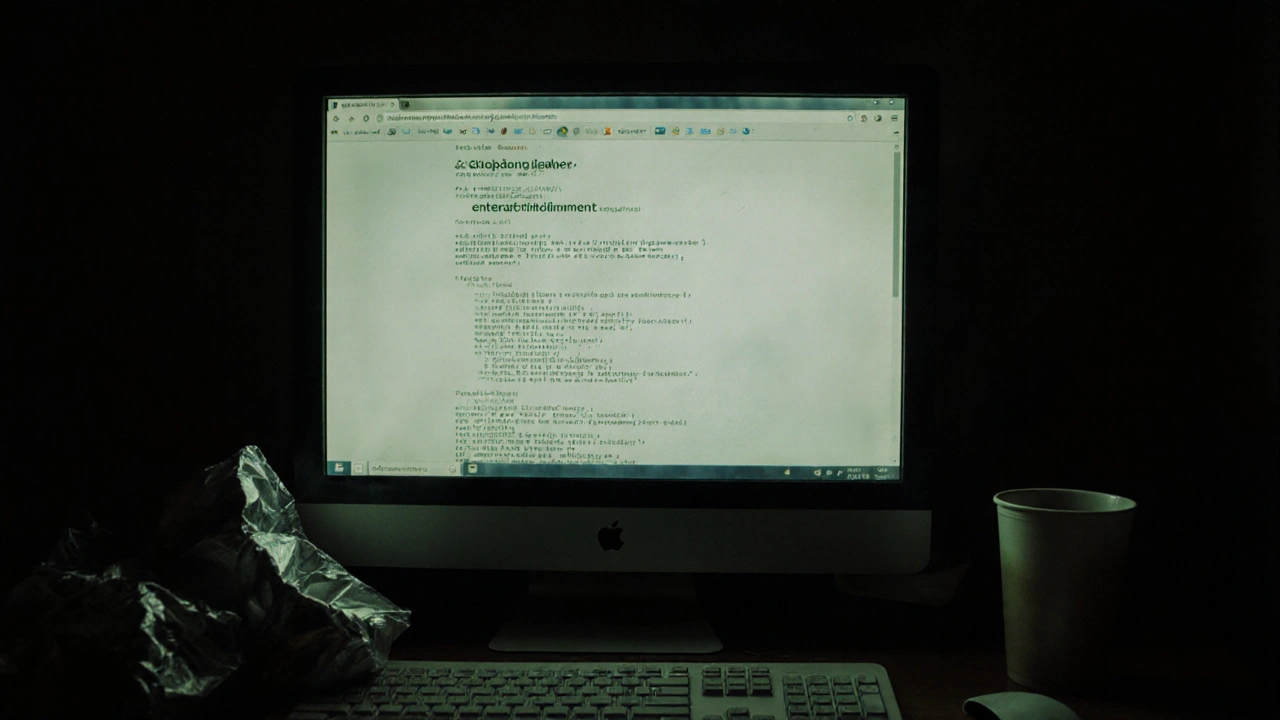
Pros and Cons
| Pros | Cons |
|---|---|
| Some people believe it’s a personal choice and should be decriminalized. | Legal risk: You can be arrested, fined, or even face a criminal record. |
| Workers may earn more than minimum wage in some cases. | High risk of violence, exploitation, or human trafficking. |
| Discreet transactions feel private and controlled. | No legal recourse if something goes wrong-no police protection, no contracts. |
| Some workers are independent and choose this path voluntarily. | Supporting illegal activity fuels organized crime networks. |
When Is It Most Useful?
It’s not useful. Not really.
There’s no safe, legal, or ethical scenario where searching "prostitute near me" leads to a good outcome. Even if you think you’re helping someone "make a living," you’re reinforcing a broken system. The UK doesn’t provide legal frameworks for sex work like the Netherlands or New Zealand. There are no licensed zones, no health inspections, no worker protections.
The only time this search "works" is when someone is trying to understand the law before making a mistake. If you’re reading this, you’re already ahead of most people who type those words in without knowing the consequences.
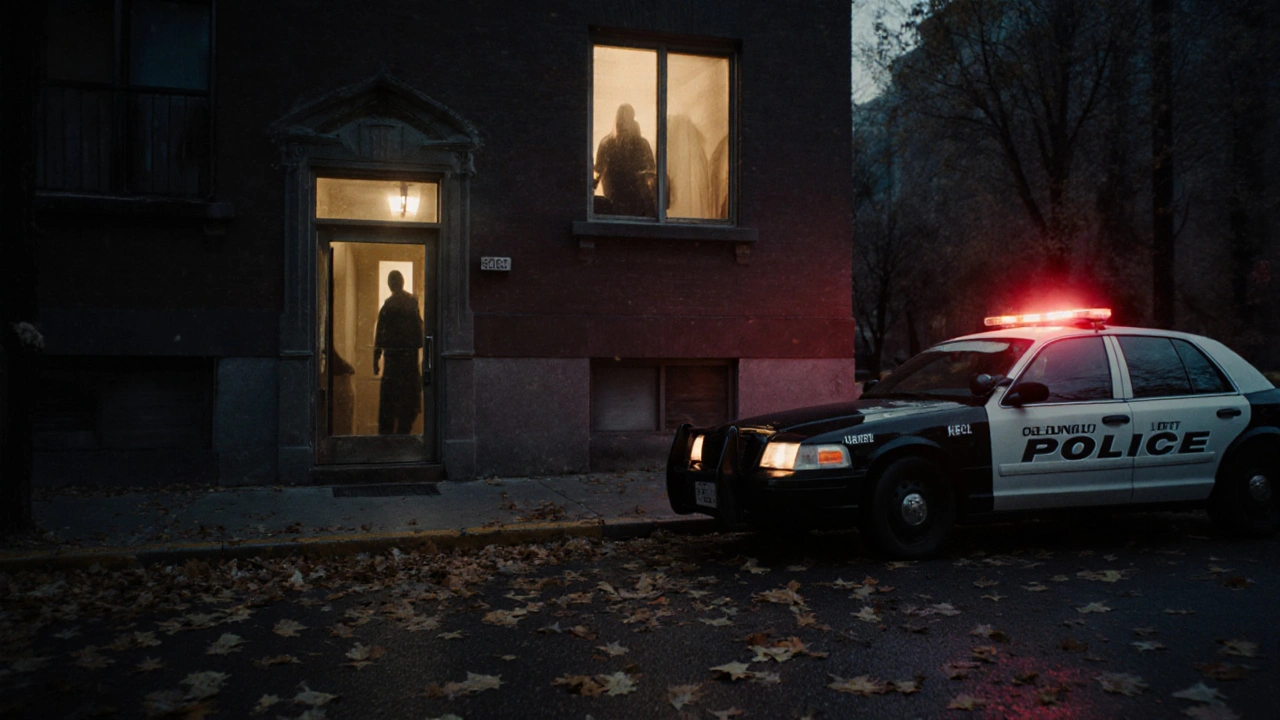
Common Mistakes to Avoid
- Thinking "it’s just one time" makes it okay - The law doesn’t care if it’s your first time or you’re "just curious." Arrests happen on the spot. A single conviction can affect your job, travel, and housing.
- Believing online ads are safe - Ads that say "no sex," "just company," or "massage only" are often fronts. Police routinely use these to catch clients. If the price is too low or the location is sketchy, it’s a red flag.
- Assuming you won’t get caught - London has over 150 active undercover officers targeting sex work. Body cameras, license plate readers, and sting operations are common. You’re more likely to be caught than you think.
- Ignoring the human cost - Many people in this trade are victims of trafficking, addiction, or abuse. Paying for sex doesn’t help them-it keeps them trapped.
FAQ
Is it legal to pay for sex in the UK?
No, paying for sex is illegal if it involves soliciting in public, using an agency, or engaging with someone in a brothel. While the act itself isn’t criminalized, the surrounding activities are. You can be arrested for paying for sex even if it happens in a private home.
Can I get arrested for looking up "prostitute near me"?
No, just searching online won’t get you arrested. But if you follow through-contacting someone, arranging a meeting, or going to a location-you’re at high risk. Police monitor online forums and classified ads to identify potential clients.
What happens if I’m caught paying for sex?
You could face a fine of up to £1,000, a criminal record, or even a court summons. In some areas, police offer diversion programs where you attend an educational session instead of going to court. But a record stays with you and can affect future employment, visas, or housing.
Are there legal alternatives to paying for sex?
Yes. If you’re looking for companionship, consider dating apps, social clubs, or therapy. If you’re struggling with loneliness or intimacy, free counseling services are available through the NHS. There are also support groups for people dealing with compulsive behaviors.
Why don’t sex workers just get other jobs?
Many do. But for some, barriers like homelessness, addiction, lack of education, or past trauma make it nearly impossible. Others are controlled by traffickers. Criminalizing clients doesn’t solve the problem-it pushes workers further underground, making them more vulnerable. Decriminalization advocates argue that treating sex work as labor, not crime, is the only way to protect people.
What should I do if I know someone involved in sex work?
Don’t judge. Offer support. Connect them with organizations like the English Collective of Prostitutes or the UK Network of Sex Work Projects. They offer legal advice, health services, and exit programs. If you suspect trafficking, call the Modern Slavery Helpline at 0800 0121 700.
What’s Next?
If you’re reading this because you’re thinking about searching for sex work, stop. You’re not alone in feeling lonely, curious, or confused-but this path leads to danger, not relief. Talk to someone. Reach out. There are people who can help you without putting you at legal risk-or worse, making someone else’s life harder.


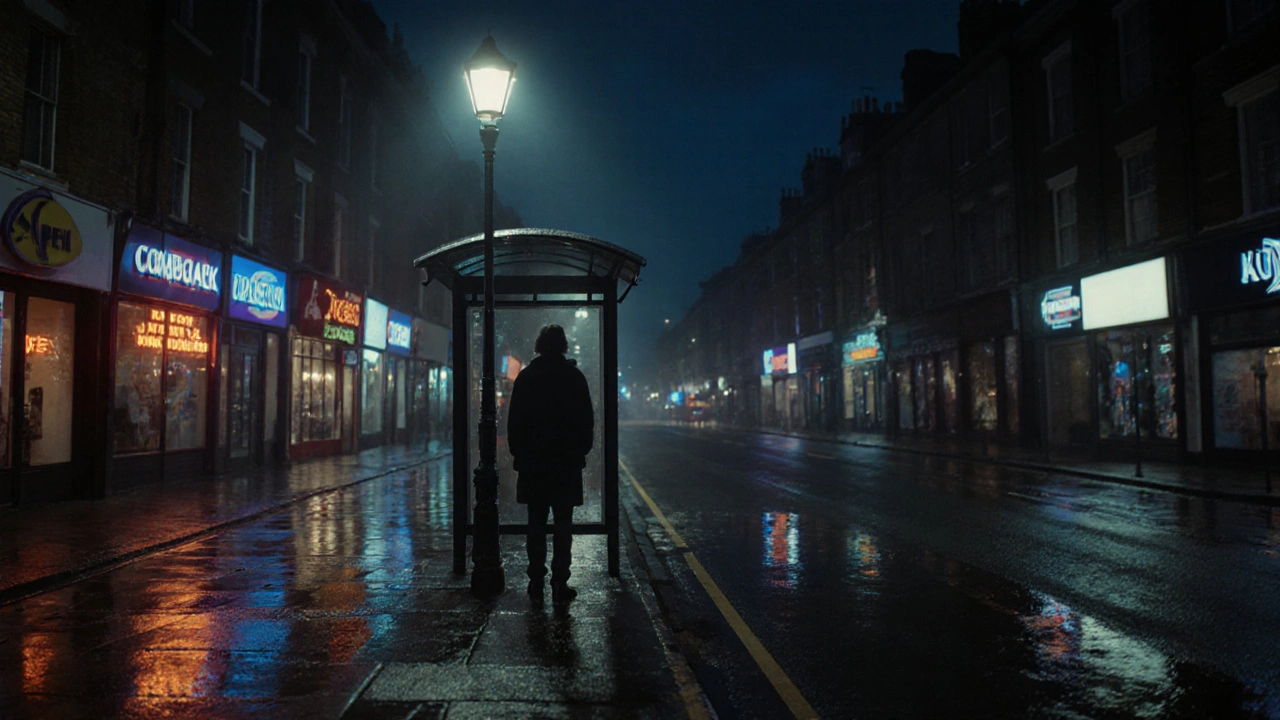
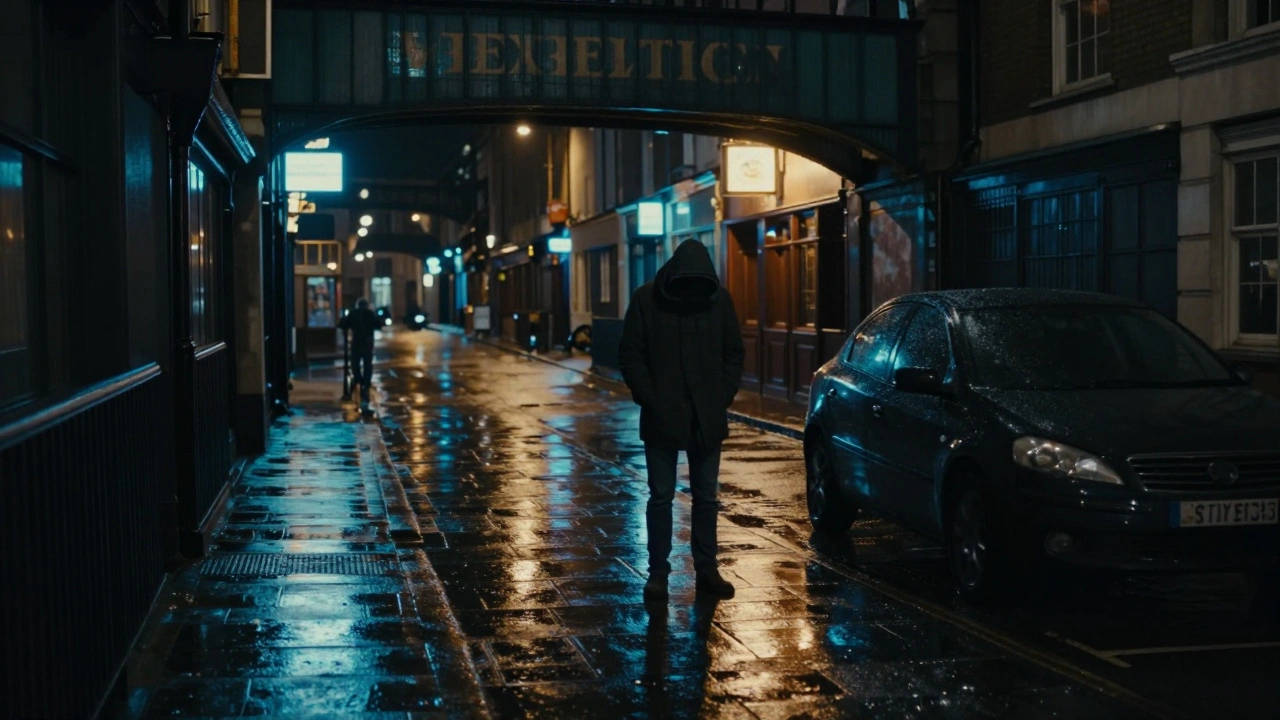
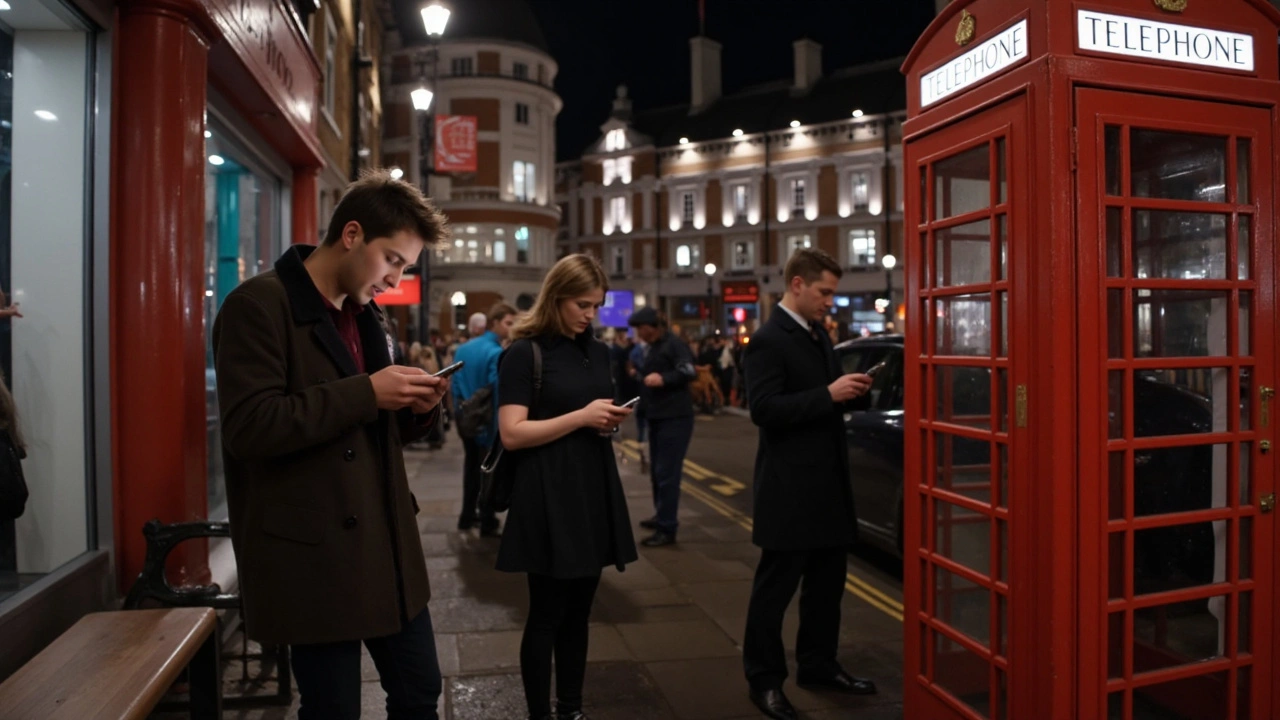
Gerald Matlakala on 31 October 2025, AT 09:20 AM
Did you know the government is using these "prostitute near me" searches to build facial recognition databases? They track your IP, your car plates, even your phone’s Bluetooth signature… then they cross-reference it with every sex worker’s file. It’s not about law-it’s about control. They want you scared. They want you silent. And if you dare to look… they own you now.